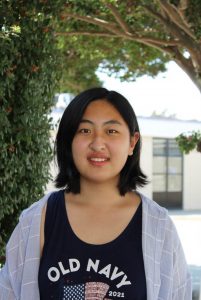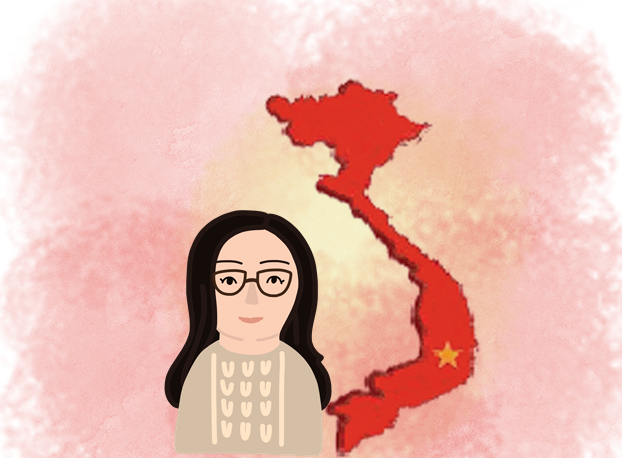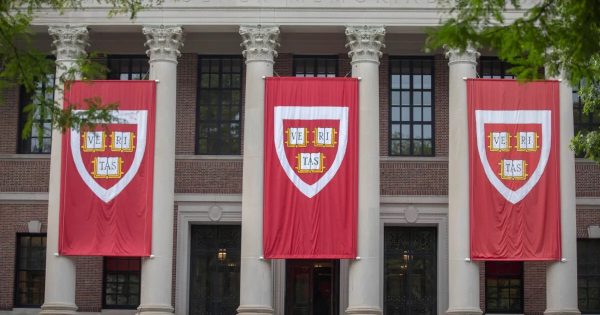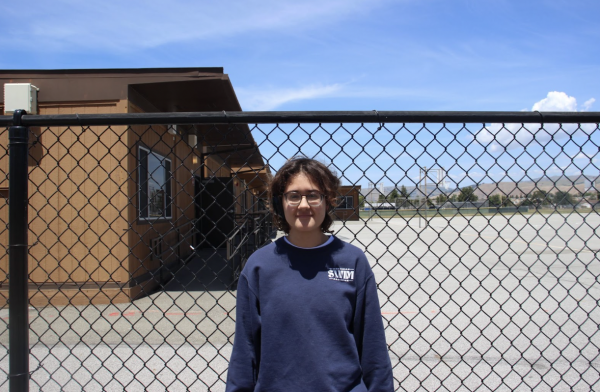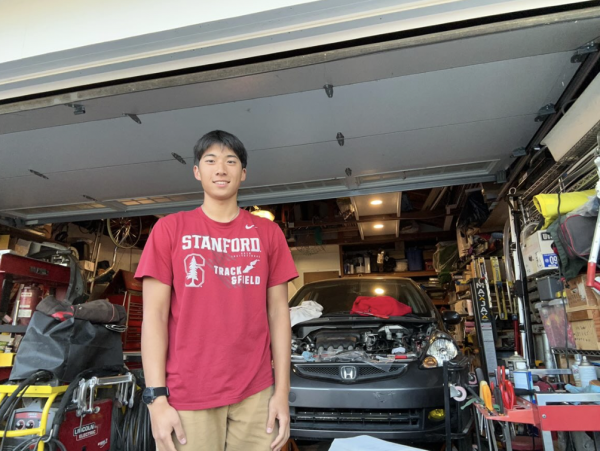Immigrant Teachers: Mrs. Martinez
I was born in Saigon, Vietnam. It’s been known as Ho Chi Minh City since 1991. I came to the United States when I was two years old so I don’t have any vivid memories of childhood in Vietnam, but I have visited Saigon and central Vietnam, once each, so I do have memories of those trips from when I was a high schooler and in college
I would say parts of the culture that my parents carried over with them to the United States is a part of me but as for the country itself or the people there, I definitely have a really loose connection to them. I have some family there, but I hardly know them at all so in that way, I’m disconnected. I think my fluency in the language might be at a third grade level so there’s that distance too.
My grandfather on my mom’s side was a high ranking commander in the South Vietnamese Army during the Vietnam War, the American side. He was granted a visa to the United States and that’s a temporary card. Then, that allowed my aunt, his daughter, to sponsor our whole family to immigrate to the United States. My aunt came over before us in the 1980s and she didn’t have the benefit of the visa, so she kind of came in as a refugee, by boat. Once she was there, it made our entrance a lot easier along with the visa and then after that, we took a citizenship test and got a permanent residency card.
The communists kind of try to look for anybody who was on the opposite side and my grandfather and some of his older sons were taken into reeducation camps and taken away from the family. The conditions in the reeducation camps were really just awful; they were given little food, they were imprisoned in really overpopulated spaces and they were allowed some visitors, but not frequently. This continued for several years and then that’s when my aunt decided to escape. She had to do it by boat, because there wasn’t really any other means to do it at the time. She knew that the dangers but the instability of living under the communist government was not a great choice either, so she took the risks, escaped by boat, maybe with a few other relatives. They settled in the Bay Area right away and made a living by opening a dry cleaning business and that gave my mom a stepping stone to open her dry cleaning business when we came over.
After my aunt sponsored me, my sister, my father, my mother, we still had to take some steps to be completely settled into the bay area. We had to live with relatives for the first couple of years and so it was two families in the same household. My parents had to take language classes, like ESL classes, to be able to get jobs. They were able to work at the dry cleaners, but they still had to interact with customers, and things like that. I believe they also went to community college to get a GED. There were a few years where they weren’t assimilated right away and there was an adjustment period. For me, I don’t really have a lot of memories of those early years.
Certainly, it was much easier for me as a child to learn English and assimilate into the culture, but I think the other side of that is that it does become harder and harder to connect with my parents who are definitely more used to doing things in the Vietnamese culture. To this day, my parents’ English is still pretty imperfect and broken and that’s something they feel insecure about, and it separates them from other Americans who are completely skilled English speakers. I would say that’s probably the biggest challenge. Other challenges were trying to retain their culture, although a huge advantage of the Bay Area was that there were other Vietnamese immigrants and organizations that help them kind of stay within that culture and find a community.
My teaching experience started with tutoring students in college, and just finding that I enjoyed making a subject easier for them really gratifying. I didn’t try any other career out, so at the end of college, everyone was kind of expected to decide immediately what their next step is. Often, people will go to graduate school and do another degree that is more focused on their career path. I think when college ended, I decided to get a teaching degree, because that seemed compatible with me, based on the experiences I had. Entering teaching school allowed me to verify that I did enjoy it, and I did student teaching and learned about different education theories. English was also a subject that I had always enjoyed more than other ones and that fit my personality as well. Every year I grow to like the profession more.
We aren’t always very clear or in agreement about how much we value immigrants in the country—the benefits that they might bring, versus the drawbacks—so I think we need to be clear on our values. If we do say, we value immigrants, then we do have to find a policy that allows more to enter and transition into American life. I was able to enter the country on the fast track because of the connection to the Vietnam War and my family serving in it. I wonder if the war was right now, they still may have allowed that same pathway in, but certainly, the population has increased in the U.S. and there’s more political division. I personally believe that immigrants do benefit the country but, there’s a matter of logistics, though, if we do have limited resources.
As a country, we need to figure out if we value something, we need to find a way to make it work, even with limited resources. If not, at least help refugees or people from war-torn countries, just out of moral responsibility and try to help them settle somewhere else.
